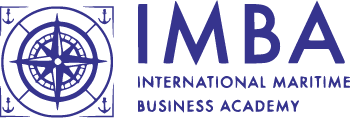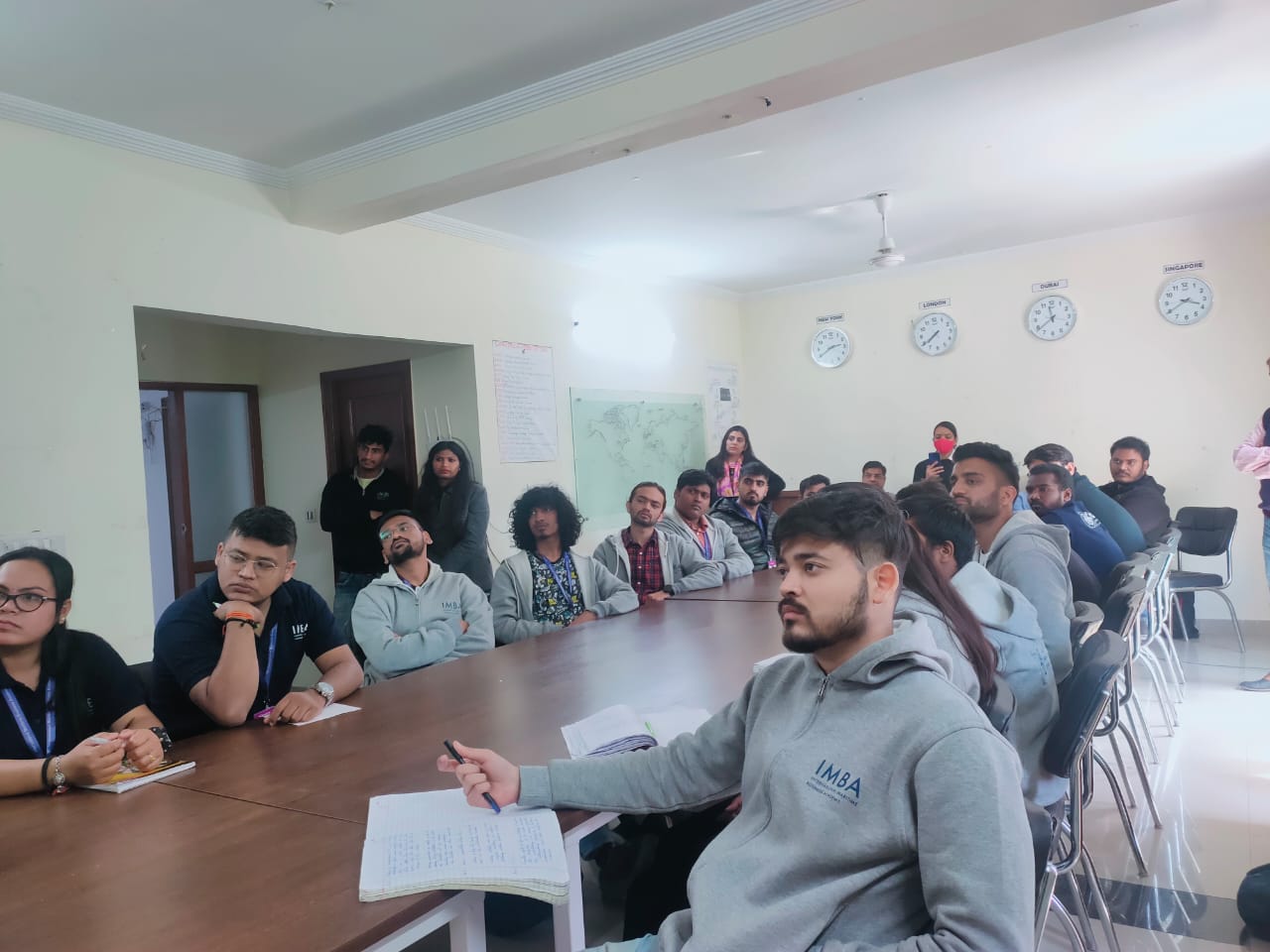PGDM in Maritime Logistics & Port Management
With a rich blend of theoretical knowledge and practical skills, Post-Graduate Diploma in Maritime Logistics & Port Management aims to provide candidates with well-equipped careers in Ship Brokering, Chartering, Port Management, Ship Operations, and International Maritime Law. This stimulating and intellectually challenging program helps to provide students with the skills and knowledge required to operate successfully within the International Maritime Industry. Our programme has a strong business focus and explores the complex factors involved in the maritime business and shipping operations worldwide.
Post completion of PGDM – Maritime Logistics & Port Management, candidates will be awarded a postgraduate diploma from Sri Dev Suman university.
Sri Dev Suman University, Uttarakhand
(Affiliation No. 508)
Top-Tier Jobs Guaranteed
Ship Broker
Ship Manager
Port Agent
Chartering Broker
Freight Trader
Project Analyst
Maritime Consultant
Cargo Operator
Port Operations Manager
Head of Marine Transportation & Logistics
Voyage Operator
Faculty

Mr. Fabrice Duval

Mr. Manish Srivastava

Dr. Laxman Singh
Contact Us

Contact us for assistance, we look forward to hearing from you!





